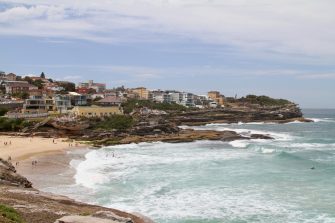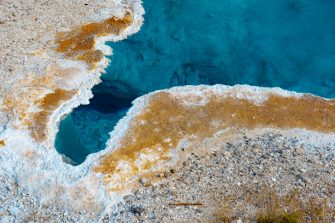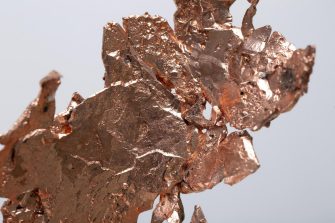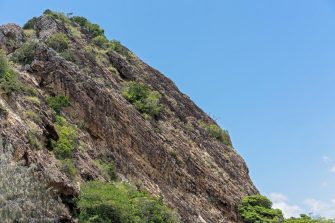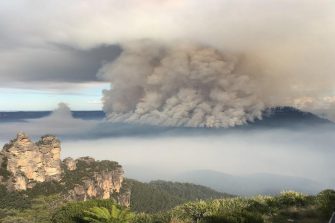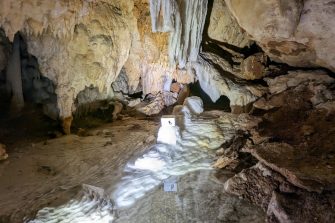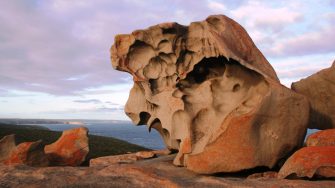
At UNSW, honours projects in the Palaeo, Earth and geoscience focus on the evolution of the Earth and its landscapes. It also looks at the emergence and diversification of life, including humans. The study of Earth history opens windows into conditions, worlds and systems of the past, present and future. It offers new insights into a range of critical areas with practical consequence, including climate change, landscape and resource use and management, species and ecological community conservation, and human health.
View our current projects and connect with an honours project supervisor to learn how you can get involved.

